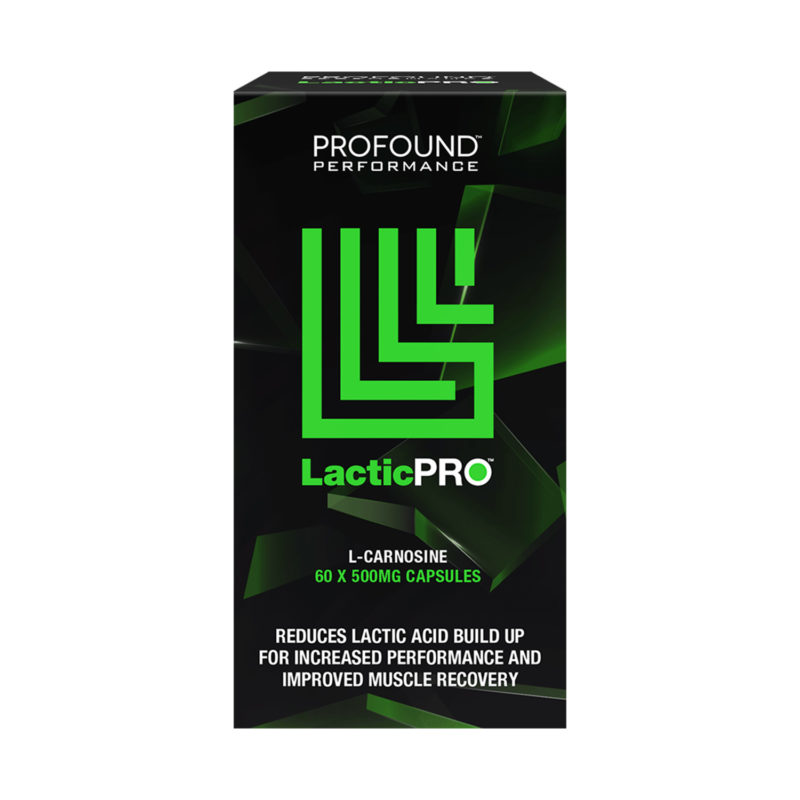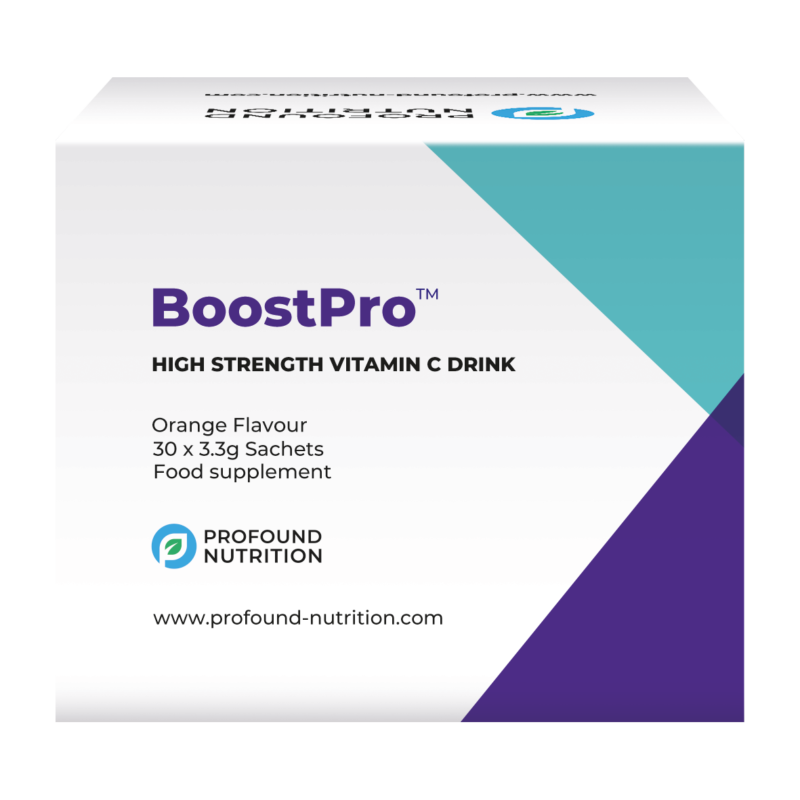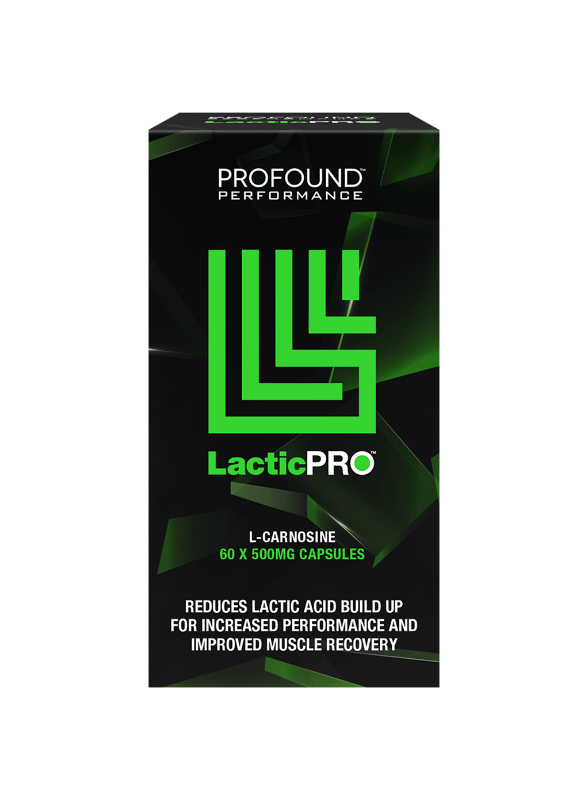Carnosine Update
Carnosine Update: New and existing functions of carnosine confirmed by research
As many of you may know, one of my favourite nutritional supplements is carnosine. I recognised the potential of this nutrient over 10 years ago and started using it on many of my patients. Carnosine is an all round anti-ageing supplement, as it is an antioxidant, anti-glycator, a chelator of heavy metals (i.e. it inactivates any toxic metal ions in the body) and a Calorie Restriction Mimetic.
Here I would like to review a few recent findings about carnosine that shed more light about its activities and benefits.
One of the most recent research papers on carnosine suggests that it is a protective supplement recommended for smokers. During cigarette smoking there is production of several types of free radicals that cause oxidation damage to the tissues. Ultimately, this affects the DNA, causing it to malfunction through shortening of its telomeres. However, supplementation with carnosine could be an effective way of protecting the tissues even for those who do not want to give up smoking. The researchers commented that:
“Telomeres are complex DNA-protein structures located at the end of chromosomes. Telomere length shortens with biologic age in all replicating somatic cells. It has been shown that tobacco smoking enhances telomere shortening. Telomere attrition can serve as a biomarker of the cumulative oxidative stress and inflammation induced by smoking and, consequently, slows the pace of biologic aging. We originally propose that patented specific oral formulations of non-hydrolyzed carnosine and carcinine provide a powerful tool for targeted therapeutic inhibition of cumulative oxidative stress and inflammation and protection of telomere attrition associated with smoking”.
In another study, carnosine was used together with several other well known antioxidants such as coenzyme Q 10, vitamin E, vitamin C, beta-carotene, selenium, L-cysteine and ginkgo biloba. The mixture was given to a group of 26 patients suffering from Alzheimer’s dementia, in a double-blind study. After six months the researchers found that those who took the active mixture scored better on mental test examination, compared to those who only took placebo. This is an interesting study showing that it may be possible to slow down the progress of dementia, just by taking ordinary, easily available antioxidants.
Carnosine in Sport
A good summary of the actions of carnosine in sport is given by one paper published in March 2010:
“Carnosine is a dipeptide with a high concentration in mammalian skeletal muscle. It is synthesized by carnosine synthetasese from the amino acids L-histidine and beta-alanine, and degraded by carnosinase. Recent studies have shown that the chronic oral ingestion of beta-alanine can substantially elevate (up to 80%) the carnosine content of human skeletal muscle. Interestingly, muscle carnosine loading leads to improved performance in high-intensity exercise in both untrained and trained individuals. This suggests an important role of carnosine in the homeostasis of contracting muscle cells, especially during high rates of anaerobic energy delivery. Carnosine may attenuate acidosis by acting as a pH buffer, but improved contractile performance may also be obtained by improved excitation-contraction coupling and defence against reactive oxygen species. High carnosine concentrations are found in individuals with a high proportion of fast-twitch fibres, because these fibres are enriched with the dipeptide. Muscle carnosine content is lower in women, declines with age and is probably lower in vegetarians, whose diets are deprived of beta-alanine. Sprint-trained athletes display markedly high muscular carnosine, but the acute effect of several weeks of training on muscle carnosine is limited.”
This confirms the fact that Russian athletes have known for decades, that carnosine is a useful, legal supplement that can enhance sport performance.
Apoptosis
In addition to the above properties, carnosine is known to affect apoptosis. This is the natural death process of cells that is somehow speeded up during ageing, resulting in loss of healthy cells. On the other hand, apoptosis is a useful process because it eliminates any cells that carry cancerous genes, thus reducing the risk of cancer. Carnosine is an apoptotic modulator which means that it slows down apoptosis in healthy cells and speeds it up in cancerous cells, achieving a healthy balance. In a relevant study published last year, it was shown that treatment with carnosine significantly reduces the degree of apoptosis during brain damage. The researchers concluded that carnosine is an effective prophylactic treatment for brain ischaemia (such as stroke or accidents affecting the brain).
As in the case of aspirin which became a standard prophylactic treatment against stroke and heart disease, we may soon see the day when carnosine is recommended by physicians routinely as a preventer of stroke-related damage
Summary
In summary, new research is now confirming the beneficial effects of carnosine and elucidates new mechanisms of action. Carnosine can be combined with a variety of other supplements for best results. The dose can be anything between 100 mg to 500 mg a day.


